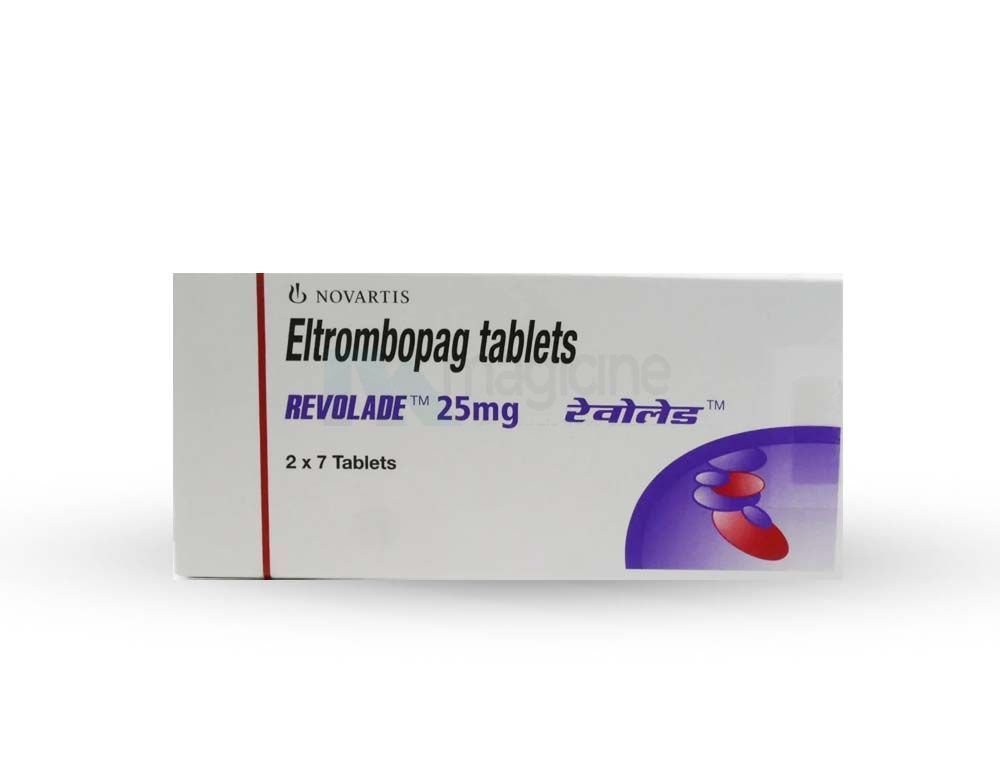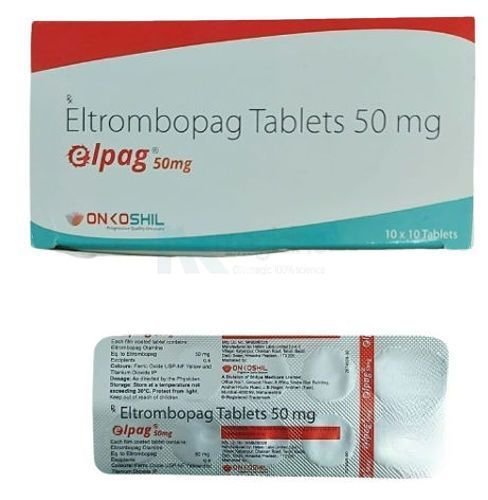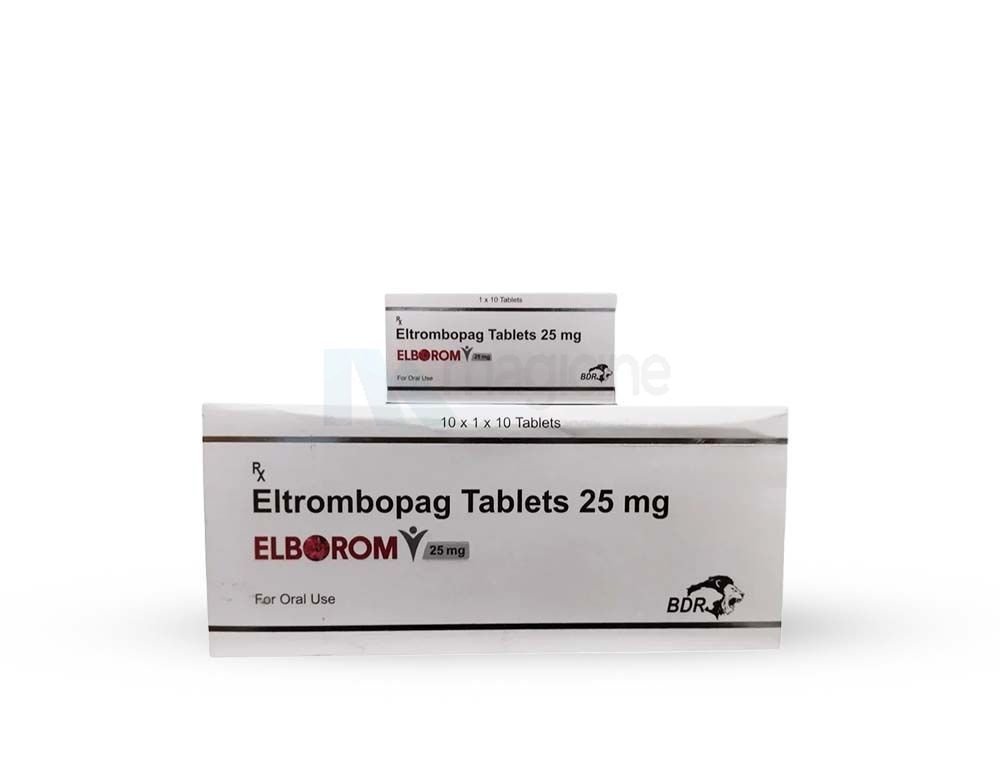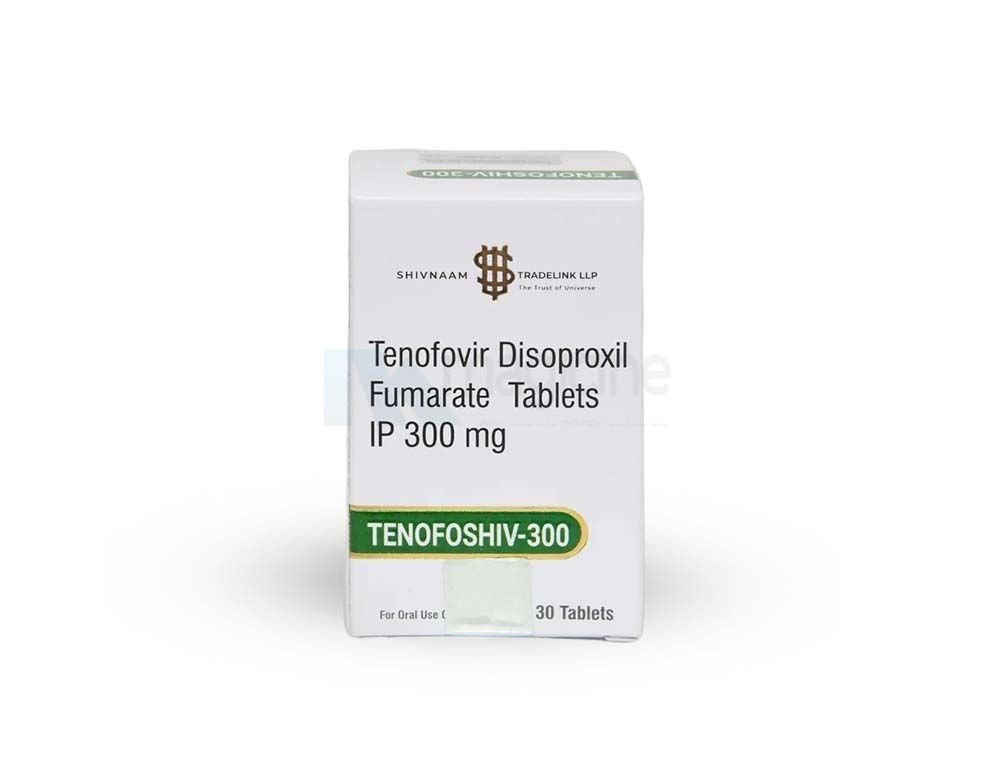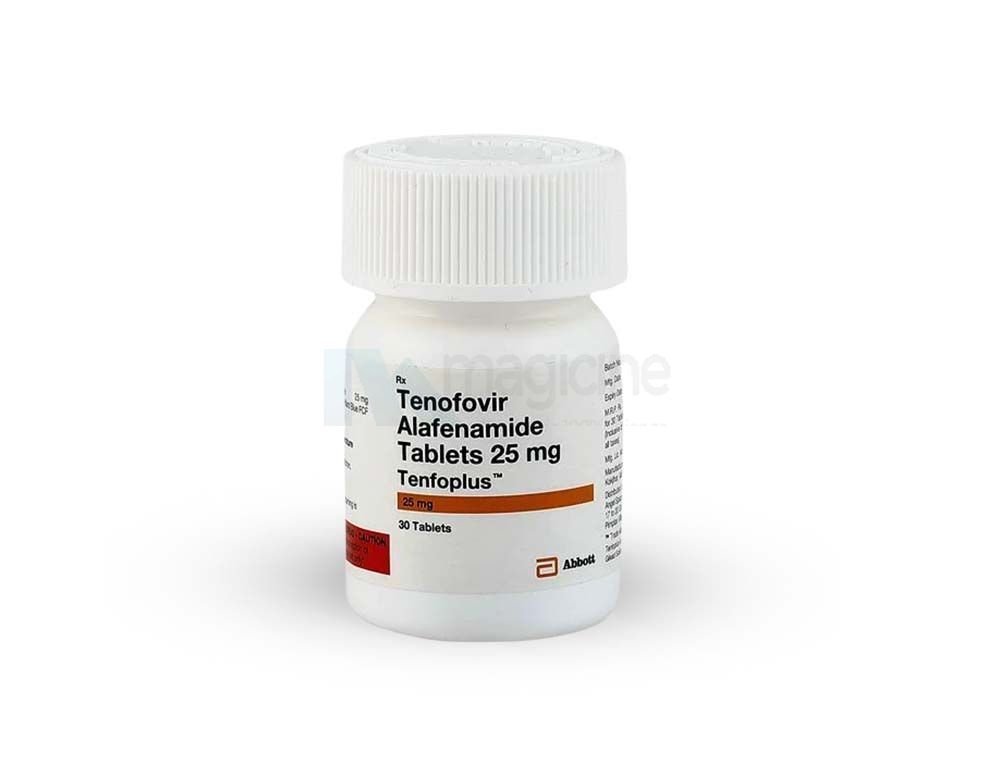Sort
All Filters
Hepatitis
Hepatitis is a highly infectious virus that is spread by close encounters with an infected person or by consuming contaminated food, water contaminated or human waste.
Top Products
What is Hepatitis?
It is an inflammation of the liver that is caused by a variety of infectious viruses, and non-infectious agents resulting in various health problems. Some of the heath diseases can be fatal. There are five main types of hepatitis virus, referred to as types A, B, C, D and E. Hepatitis is responsible for causing liver disease. The major differences between all the types are modes of transmission, the severity of the disease, geographical distribution, and prevention methods. Moreover, Hepatitis B and C result in chronic disease. It is considered the most common cause of liver cirrhosis, liver cancer, and viral hepatitis-related deaths.
Basic facts to be known about Hepatitis
● It is estimated that globally there were 254 million people diagnosed with hepatitis B and 50 million from hepatitis C in 2022.
● Worldwide, around 1.3 million deaths were reported due to hepatitis B & C in 2022.
● According to data provided by the WHO (World Health Organization), in India, there are about 40 million people were diagnosed with hepatitis B and 12 million with hepatitis C.
● As per WHO, It is predicted that globally there are 6000 new infections daily with viral hepatitis.
Signs and symptoms of Hepatitis
Hepatitis A is a short-lived, acute infection caused by viruses that cause harm and damage the liver. Hepatitis A symptoms usually appear two to six weeks after contact with viruses and range in intensity from mild to severe. It is uncommon for young children to show any symptoms, but the majority of adults do. The course of mild infections may vary from 4 to 6 weeks, while more severe infection should last up to 6 months. Hepatitis A does not lead to chronic liver damage like hepatitis B and C do. Hepatitis A symptoms may consist of the following:
● Fever
● Nausea
● Joint pain
● Vomiting
● Fatigue
● Abdominal pain
● Poor appetite
● Itching
● Dark yellow urine
● Dark colored stools
● Jaundice
Risk factors of Hepatitis
People who are not vaccinated or have a history of hepatitis infection can get infected with the hepatitis A virus. The major risk factors are mentioned below:
● People infected with HIV infection
● Sexual intercourse with an infected person
● People looking after infected individuals
● Sexual activity with the same gender (male)
● Those who travel to places where the chances of getting infected with Hepatitis A are high.
● Children or mentors working in child care centers or institutions.
● People who are homeless or do not have a place to live
● Individuals suffering from chronic liver disease, including hepatitis B and hepatitis C
● Those who deal with primates
Type of Hepatitis
● Hepatitis A: This type is mostly caused due to infected food. It can spread through contaminated water and unwashed food. This disease is considered the easiest one to transmit, majorly in children. Hepatitis A damages the liver and is usually mild. A person can recover from this disease completely within six months.
● Hepatitis B: It can be transmitted through coming in direct contact with contaminated blood, needles, syringes, or bodily fluids and from mother to baby. Hepatitis B is a long-term disorder and in severe cases results in liver damage. It can also result in liver cancer and cirrhosis of the liver.
● Hepatitis C: This disease is only transmitted through infected blood or from mother to newborn during childbirth.
● Hepatitis D:It is only found in people who are already infected with hepatitis B. If the person is vaccinated against hepatitis B, then he gets the protection against hepatitis D virus.
● Hepatitis E: This virus is majorly found in areas like Africa, Asia, and South America.
Method used in the detection of Hepatitis
The doctor recommends a diagnosis test after observing signs and symptoms. They may vary from person to person. Some of the methods are discussed here that are used for the detection of this disease.
● Blood test: Various tests such as blood clot test, and LFT (liver function test) are performed to detect proper liver functioning. It measures different substances such as Elevated liver enzymes, proteins, and their byproducts in blood.
● Imaging tests: The doctor will prescribe some imaging tests to diagnose. Some tests are nuclear liver and spleen scans or elastography. These tests help to visualize the swelling in the liver, bile duct, and associated blood vessels.
● Liver biopsy: During endoscopy, if the doctor suspects unusual growth in the liver. An endoscopy tube with a small needle at the end will go down through the liver to get the sample for biopsy. This sample will be further used to test the presence of the virus and its toxins in the liver.
Ways to prevent Hepatitis
There is no way to prevent hepatitis. However, some ways can lower the risks of having hepatitis. A change in a few habits in lifestyle and daily routine can prevent the chances of having this disease. Some of the precautionary actions are discussed below:
● Get timely vaccination of hepatitis vaccine
● Stop smoking and drinking alcohol.
● Try to avoid places with poor sanitation
● Be cautious before using needles that come in direct contact with blood or skin.
● Always use protection during sexual intercourse
● Ask about hepatitis vaccination to your partner
● Maintain proper hygiene by always washing your hands.
● Try to avoid drinking tap water while travelling.
Treatment method for Hepatitis
There is no cure for hepatitis. Regular screening and treatment options can help to minimize the damage. It is advised to take immediate consultation with a doctor if the virus is detected. Some of the treatment options include:
● Antiviral medicines: The doctor consults for antiviral medicine after diagnosis. These drugs help to fight against viruses and minimize liver damage. Some drugs are prescribed for treating hepatitis B which are Entecavir, Hepbest tenofovir alafenamide 25 mg , Velpanat, Ledifos, Sofocure and Daclacure are given to hepatitis C-infected persons. These medicines are available at Magicine Pharma. You can visit the website and buy medicine at very affordable rates and great discounts.
● Interferon injection: This injection is a laboratory-based substance that provides power to the body and helps to fight against infection. Its shot usually takes a shorter time to show effects than antiviral medicines. It is advised not to take this shot in case of pregnancy or breastfeeding.
FAQs
1. What is the main cause of hepatitis?
Hepatitis is an infection caused due to virus. In which hepatitis A spreads through contaminated food and water whereas hepatitis B is infected via sexual contact.
2. Is Hepatitis curable?
There is no complete cure for hepatitis, but drugs and other treatment options are available to minimize the damage.
3. What is the last stage of hepatitis?
Hepatitis C, known as stage 4, is the last stage of hepatitis. Severe liver damage and growth of scar tissue is an indication of this stage.
4. What are the alarming signs of hepatitis?
Jaundice, abdomen pain, dark yellow urine, eye & skin, and blotting are some major signs and symptoms of hepatitis.
5. What are the main strains of hepatitis?
There are five main types of strains of hepatitis namely, A, B, C, D, and E. A affects mainly children and strains B and C are most common in adults and spread through mother to baby.
References
https://www.who.int/data/gho/data/themes/chronicviralhepatitis#:~:text=An%20estimated%201.3%20million%20people,with%20viral%20hepatitis%20each%20day.
https://www.cdc.gov/hepatitis/hcp/clinical-overview/index.html
https://www.cdc.gov/vaccines/hcp/vis/vis-statements/hep-a.html
https://www.cdc.gov/hepatitis-d/about/index.html


